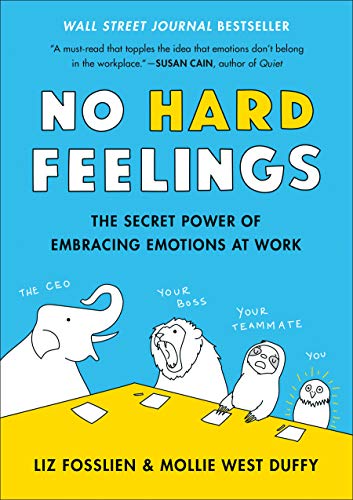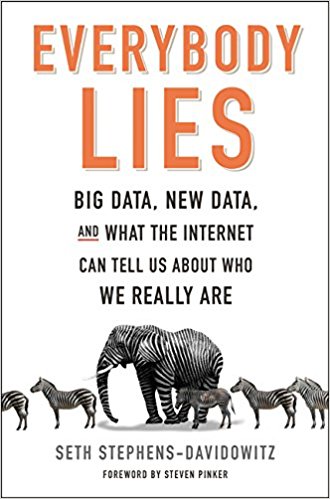
Liz Fosslien is the co-author and illustrator of No Hard Feelings: The Secret Power of Embracing Emotion at Work. She joins the show to talk about why embracing emotions at work doesn’t always mean having emotional conversations. She shares what we are missing to bring a sense of safety and commitment to the workplace. Liz also talks about her work at Humu, an organization that builds behavioral change technology that helps organizations and individuals feel and act their best.
The Leadership Podcast is proud to announce a new initiative with thoughtLEADERS to provide very short podcasts called “chalk talks.” They’re “bitesize” hacks on common (but challenging) leadership issues. You can only access the Chalk Talks by subscribing to our mailing list at The Leadership Podcast.
Key Takeaways
[4:54] Great managers and leaders take the time to ask personal questions of people on their team, and point out good ideas. This makes team members feel as though someone is invested in their long term goals, and they are more likely to share and feel committed.
[8:28] A happy workplace boosts ROI, productivity, innovation and saves the cost of trying to replace and retrain when there is turnover.
[10:28] No Hard Feelings gives the reader internal and external tools to first understand what type of culture they work in, and then from there come up with a plan to process emotions. It also helps provide a road map for when the environment is not very vulnerable or emotion based.
[13:24] With so many generations blending together in the workplace, we can each learn something from each other. The younger generation can learn more emotional intelligence, and the older generation can learn to feel more comfortable expressing emotions.
[16:29] Great leaders have conversations early on so issues can be flushed out rather than waiting until the heat of the moment.
[17:12] There is more understanding and less defensiveness in making observations rather than character generalizations.
[18:02] Humu works with organizations to run a diagnostic survey that helps them figure out small changes that will have a big impact on how people feel. For the next 6 months to a year after the survey, they send personal nudges to help keep everyone on track with their goals. They also provide handbooks so leaders can learn the best way to communicate with their team.
[26:58] Feelings aren’t facts. They are valid, but it may be based on an incorrect assumption or just our perspective.
[31:45] A great workshop provides tactical advice with actionable steps that can be used in the future.
[36:29] With remote work becoming a larger staple in our society, it is important for leaders to provide trust, transparency and documentation. Video chats are still important with our body language and voice tone being so important to what we really hear in a conversation.
[43:23] Liz’s challenge: Pay attention to your envy and jealousy. It may reveal your burning desire or heart’s demands.
How to Contact Liz:
Quotable Quotes
- “Small actions have a big impact on how we feel at work.”
- “It makes no financial sense if once you finally have this personal organization, you’re not making the time to feel welcome there.”
- “Bringing emotion in the workplace is not always an invitation to talk about emotion.”
- “Lean in to jealousy, and see what it may tell you.”
- “Feelings aren’t facts.”
Additional Links:
- National Affairs
- Humu
- What Google Learned From It’s Quest To Build the Perfect Team
- Gretchen Rubin
- TLP018: Is Your Company Culture Dysfunctional or Positive?

These are the books referenced in Liz’s episode





Recent Comments